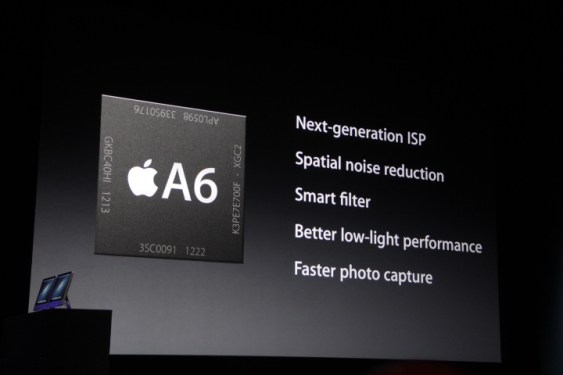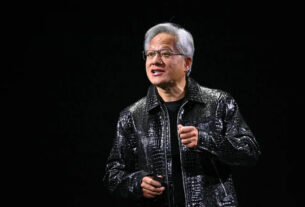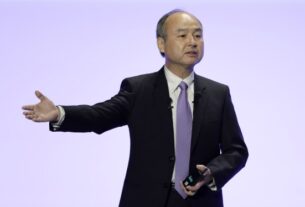
Apple Reportedly Faces Significant Cost Increase Due to 20 Percent Price Hike for Samsung-Supplied Mobile Processors
According to a report by South Korean daily newspaper Chosun Ilbo, Samsung has increased the price of mobile processors it manufactures for Apple’s iOS devices by 20 percent. This information was received from someone familiar with negotiations between the two firms.
Background on Apple-Samsung Relationship
Apple and Samsung have had a long-standing relationship in terms of manufacturing mobile processors for Apple’s iOS devices. However, this recent price hike may indicate that tensions are rising between the two companies. The report suggests that Apple was not pleased with the new terms and had considered walking away from the deal altogether.
Impact on Apple’s Supply Chain
However, it appears that Apple has no other supplier to take over manufacturing responsibilities. This means that Samsung will continue to be a critical partner for Apple in the production of mobile processors.
Apple has been diversifying its supply chain by adding new partners such as Taiwan-based TSMC and Kinsus Interconnect Technology Corporation. These suppliers are expected to begin producing quad-core chips for both mobile devices and possibly future Macs.
TSMC’s Role in Shifting Apple’s Supply Chain
TSMC is a significant player in the chip manufacturing industry, and its involvement with Apple may signal a major shift in the tech giant’s supply chain. According to reports, TSMC has agreed to produce processors for Apple at about 10 percent less than Samsung.
Challenges Ahead for Apple
While this price hike may have given Apple a reason to accelerate plans to shift manufacturing away from Samsung, there are significant challenges ahead. Apple will need to ensure that its new suppliers can produce chips at sufficient volumes for its needs.
Volume Demands and Supply Chain Concerns
Apple reportedly purchased over 200 million processors from Samsung this year alone. With device sales growth trends indicating continued demand, the volumes required by Apple are likely to increase further.
Samsung has a contract with Apple to continue manufacturing certain components throughout 2014. Meanwhile, TSMC and other Taiwanese suppliers have agreed to begin production in late 2013. This means that there may be some overlap between Samsung’s existing supply chain and Apple’s new partnerships.
Earlier Developments in Apple-Samsung Relationship
In an earlier report by The Korea Times, it was suggested that Samsung would be cutting its LCD supplier relationship with Apple. However, this claim was quickly refuted by Samsung. Apple has continued to use Samsung panels in some of its latest products, including the iPad mini.
Implications for Apple’s Business Model
The recent price hike may indicate a broader trend of increasing competition and pricing pressures in the tech industry. This could impact Apple’s business model, which relies on maintaining high profit margins through efficient supply chain management.
By diversifying its suppliers and exploring new manufacturing partnerships, Apple is attempting to mitigate these risks and maintain its position as a leader in the global tech market.
Related Developments
Apple has been expanding its network of display panel partners, including Sharp and LG. However, it continues to use Samsung panels in some of its latest products.
In its latest earnings call, Apple cited lower product margins as a factor contributing to cautious guidance on future quarterly performance. This may be related to the company’s efforts to balance profitability with pricing pressures from suppliers like Samsung.
By exploring new manufacturing partnerships and diversifying its supply chain, Apple is adapting to changing market conditions and minimizing its reliance on any one supplier.
Conclusion
The recent price hike in mobile processors manufactured by Samsung for Apple’s iOS devices highlights the complex and dynamic nature of the tech industry. As companies navigate shifting market trends and increasing competition, they must adapt their business models to remain competitive.
By understanding these developments and exploring new manufacturing partnerships, Apple is taking steps to maintain its position as a leader in the global tech market. However, challenges ahead will require continued innovation and strategic planning from both Apple and its suppliers.






